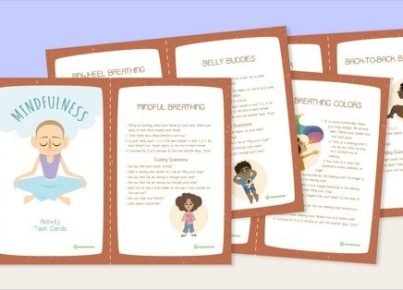Introduction
The Early Years Foundation Stage (EYFS) is a crucial period in a child’s development, setting the foundation for a lifetime of learning and healthy living. Promoting healthy living during this phase can have lasting positive effects on a child’s overall well-being. This article aims to discuss the importance of healthy living in the EYFS and provide practical strategies that parents and educators can implement to create an environment that fosters lifelong wellness.
The Importance of Healthy Living in EYFS
1. Physical Development: Active play and physical activities in the EYFS help children develop strong muscles, flexibility, coordination, and fine motor skills. Regular exercise also promotes good cardiovascular health and reduces the risk of obesity, diabetes, and other chronic illnesses later in life.
2. Cognitive Development: A healthy lifestyle contributes to optimal brain development. Children who eat well-balanced diets and engage in regular physical activity demonstrate improved focus, memory, problem-solving capabilities, and academic performance.
3. Emotional and Social Development: Healthy living practices such as nutritious meals and exercise promote self-confidence, self-esteem, and a positive body image. These factors contribute significantly to a child’s emotional wellbeing and social competence.
Strategies for Promoting Healthy Living in EYFS
1. Encourage Physical Activity: Ensure children have ample opportunities for physical play both indoors and outdoors. Incorporate a range of activities that promote gross motor skills like running, jumping, climbing, throwing, catching as well as activities that enhance fine motor skills like cutting, threading beads or painting.
2. Provide Nutritious Food Choices: Serve balanced meals consisting of fruits, vegetables, whole grains, lean proteins, and low-fat dairy products within childcare settings or at home. Encourage children to try new foods by offering a variety of colours, textures and flavours regularly.
3. Teach Healthy Habits: Model and teach proper handwashing techniques, dental care, and hygiene practices. Emphasize the importance of regular sleep routines and establish consistent bedtime schedules to ensure children get adequate rest.
4. Foster Mental Well-being: Provide a supportive environment that allows children to express their feelings comfortably. Teach emotional regulation strategies and encourage social interactions that help develop emotional intelligence and resilience.
5. Educate Children about Healthy Choices: Use age-appropriate resources like books, games, or posters to educate children about healthy living concepts. Engage them in activities like gardening, cooking, and grocery shopping to create a sense of ownership over their lifestyle choices.
Conclusion
Promoting healthy living in the Early Years Foundation Stage lays the groundwork for a lifetime of wellness. By implementing these strategies, parents and educators will be cultivating an environment that enhances the physical, cognitive, emotional, and social development of young children. Ultimately, this foundation will contribute significantly to the overall health, happiness, and success of our future generations.





